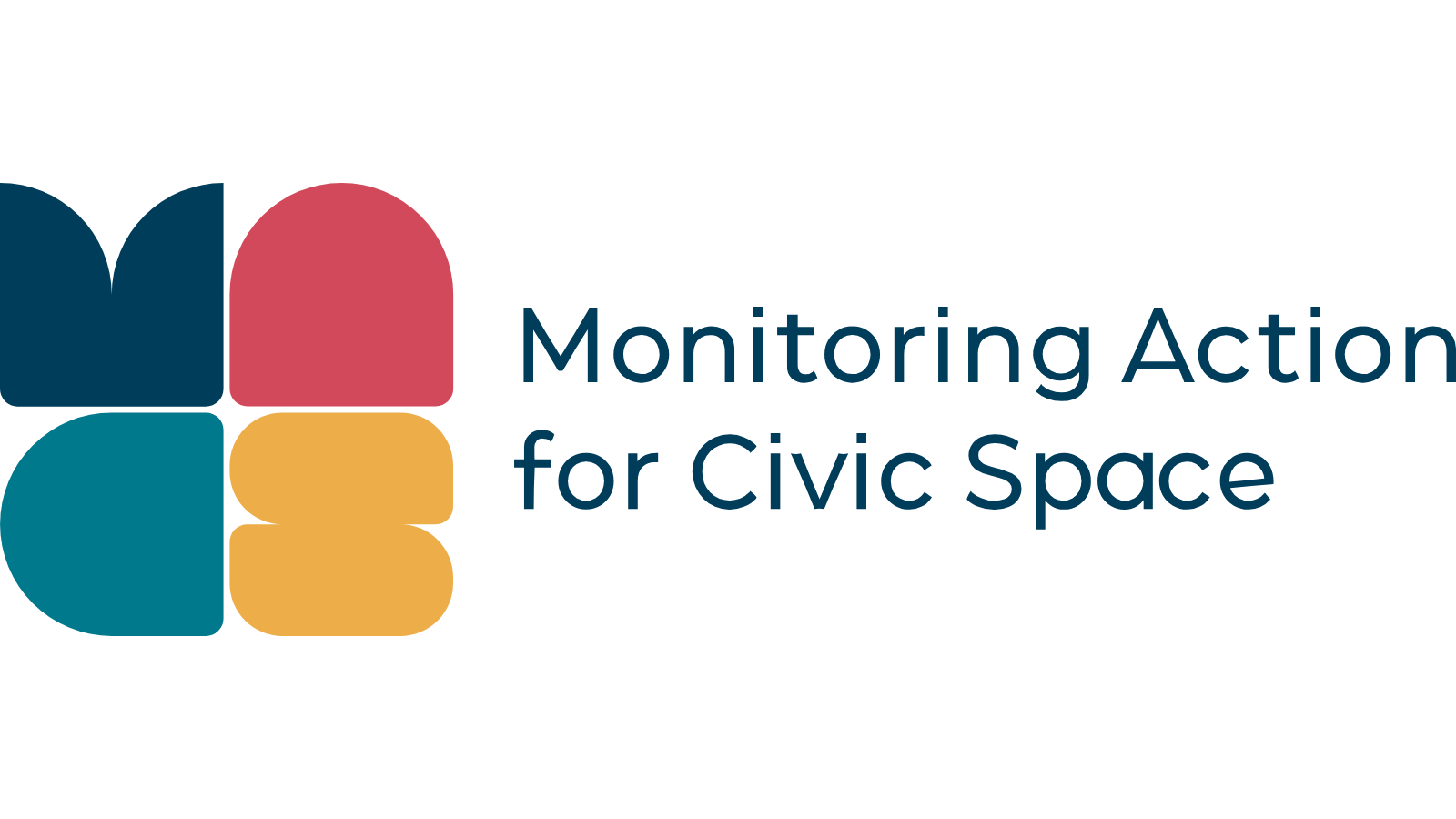FRANCE: Political instability, mass protests, and new restrictive measures against civil society
With input from Le Mouvement Associatif, Ligue des droits de l’Homme & Collective Against Islamophobia in Europe
France has been marked in recent months by political instability and strong civic mobilisation. The political landscape shifted dramatically over the summer following the presentation of the “Stop the Debt” plan by the then Prime Minister François Bayrou. Designed to save €43.8 billion in the 2026 budget, the plan triggered fierce opposition both in parliament and in society. On 8 September, the National Assembly rejected the government’s confidence motion, leading to Bayrou’s resignation. President Emmanuel Macron appointed Sébastien Lecornu as prime minister the following day, just as major protests were being prepared.
Legislative developments also shaped the civic space environment. The Duplomb Law, adopted in July and widely criticised for lifting a ban on harmful pesticides, sparked unprecedented mobilisation, with a petition against it gathering a record two million signatures. The Assembly’s Economic Affairs Committee has since agreed to examine the petition, although it will not be voted on at the end of the debate.
The 2021 Separatism Law continues to negatively affect civic space. The law makes it easier for authorities to dissolve an association and includes a “contract of republican engagement”, a requirement for civil society to access funding or obtain accreditations. The “contract” requires associations to commit to respect the principles of liberty, equality, fraternity and human dignity, the secular nature of the state, and to refrain from any action which undermines public order. The Bordeaux Administrative Tribunal examined the appeal of the Arlette Moreau theatre company, which had been denied public funding in 2023 due to alleged “militant commitments” based on the Republican Commitment Contract (CER). The decision, expected in the coming months, will be a test of how far authorities can invoke the CER to constrain the activities and expression of cultural and civil society organisations.
The targeting of Muslim and minority-led organisations also continued. In early September, leaders of the Collective Against Islamophobia in Europe (CCIE), along with members of a French partner organisation, were arrested, questioned, and placed under judicial supervision with restrictions on their activities. French authorities claimed they were attempting to reconstitute the Collective Against Islamophobia in France, which was dissolved in 2020. However, the CCIE is a legally independent Belgian organisation operating across Europe. The arrests follow a broader pattern of dissolutions, raids, and funding restrictions against Muslim organisations under Separatism the Separatism Law.
In recent months, civil society has also demonstrated a strong capacity for mobilisation. The so-called “block everything” movement, born online in reaction to the austerity budget, organised two nationwide days of protest on 10 and 18 September. Nearly 200,000 people mobilised on the first day, and over half a million joined the second. These demonstrations were met with an overwhelming police presence, with up to 80,000 officers and reports of journalists being attacked by law enforcement. In total, 540 arrests and 415 police custody placements were reported on 10 September. On 18 September, there were 309 arrests and 134 police custody placements following 700 blockades and demonstrations across the country.
Solidarity demonstrations for Gaza were also met with serious incidents of police repression targeting journalists, human rights observers, and peaceful protesters. In Paris, police assaulted a person observing the protest for the respect of human rights, violently kettled demonstrators, and obstructed medical aid for a woman who fainted, while several clearly identified journalists were beaten and denied passage. In Toulouse, a banned Gaza solidarity protest was violently dispersed with stun grenades, leaving several injured and hospitalised, while police assaulted independent observers monitoring the event. Meanwhile, in Rennes, police obstructed the work of the independent protest observers, pushing observers and threatening identity checks, continuing a pattern of intimidation and harassment.
In Martinique, people mobilised against the rising cost of living. Protests escalated into clashes that injured security forces and prompted the government to send reinforcements, illustrating the persistence of deep social grievances in France’s overseas territories.
In Corsica, the association Corse C3S (Corse Stratégie Santé Sexuelle) was banned from conducting a sexual education workshop in a high school after the regional education authority cancelled the event, citing a risk of “public disorder”. The decision followed pressure from the far-right movement Mossa Palatina, which falsely accused the association of hosting “drag-nun shows” and promoting “gender and trans theories.” This incident highlights growing intimidation by far-right actors and the authorities’ increasing tendency to yield to such pressure, undermining rights groups’ ability to carry out legitimate educational activities.
Two draft bills introduced in recent months could have possible positive impacts on civic space. A first, filed on 11 July, seeks to recognise voluntary engagement as a pillar of social cohesion and democratic vitality by granting additional retirement rights to people volunteering for a long time on the boards of non-profit associations and hence elevating the role of civil society participation in public life. However, the proposal remains controversial within the sector as it blurs the boundary between volunteering and remuneration. A second, filed on 16 September, aims to regulate the use of identity checks carried out by the police to improve efficiency and address discriminatory practices, following France’s condemnation by the European Court of Human Rights in June 2025.



